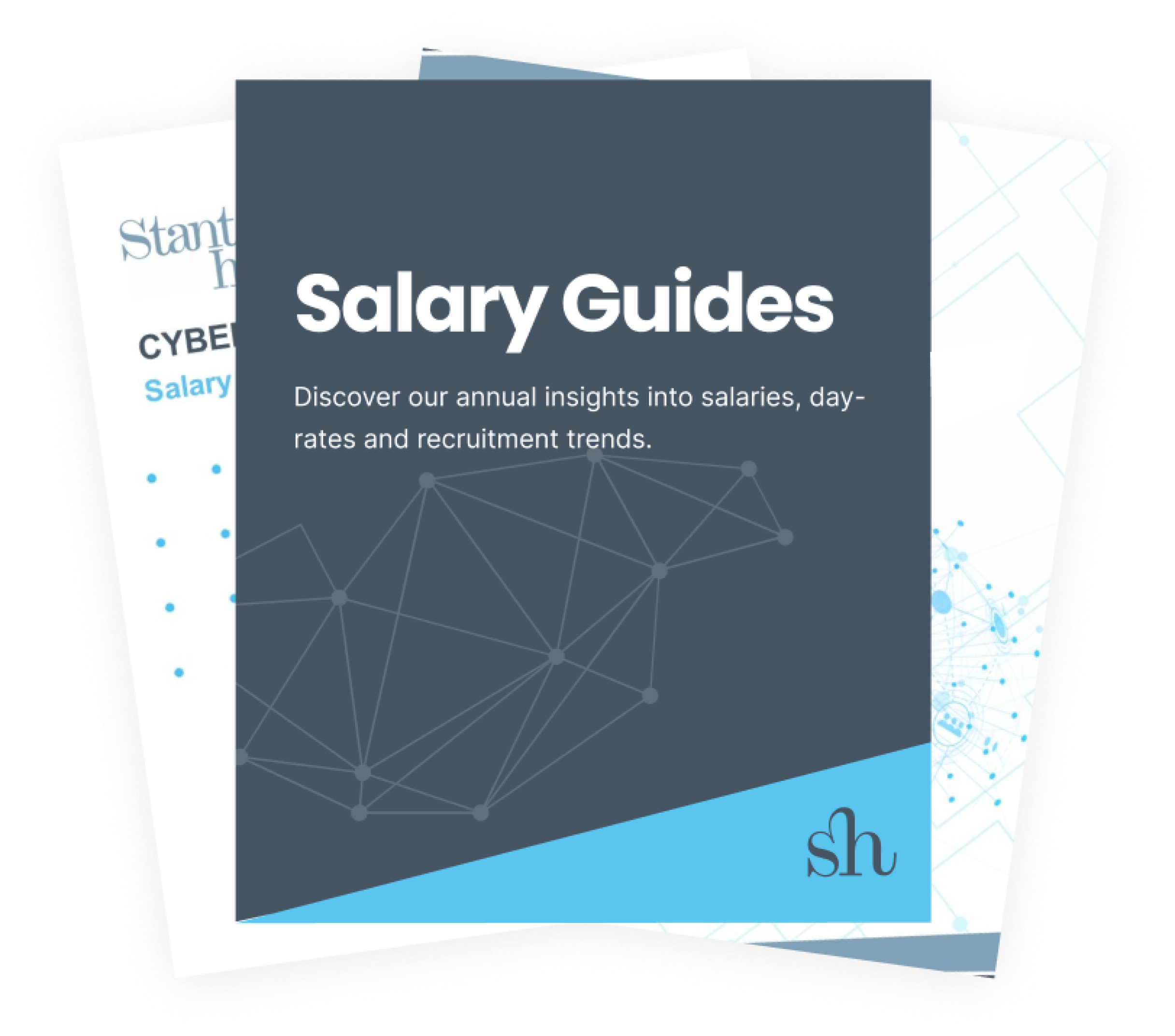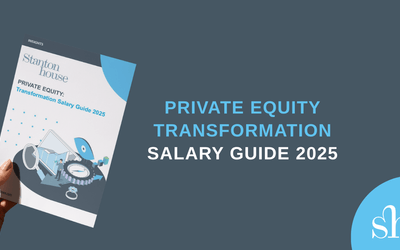

Why All Leaders Should Learn to Coach
What is coaching in the executive context and why is it an essential skill? I am often asked this question and I completely understand why! If you haven’t experienced coaching personally (either through coaching others or by being coached) then it is so often confused with one of the many other approaches to supporting and developing others. It is also frequently confused for coaching in the sporting or technical sense, which it is not. It is very different.
I could write something quite dry and academic here, but as anyone who knows me knows… that’s not my style. So, I’ll try to describe coaching in a way that helps you to connect with what it is and to consider the positive impact that it can have, for individuals, for leaders and for their organisations.
What is coaching?
Coaching is the art of creating the best thinking environment that you can, to support an individual or group of individuals to achieve beyond what they thought they could do.
Coaching is not telling. Coaching is not managing. Coaching is not mentoring, teaching, or counselling. Coaching is never in the service of the coach. Coaching is always in the service of others. Coaching is a style of supporting another and is also a leadership style (D.Goleman). Importantly, coaching is not always the answer to your organisation's issues!
Coaching is underpinned by principles found in psychological theory.
Coaching can definitely be time-consuming; it is a tougher leadership approach than ‘tell’, but as anyone who has developed this skillset knows, it is worth the investment every time because people are worth the investment every time.
High performing teams improve even further with coaching.
Coaching gets people un-stuck; it identifies blockers and helps people to remove real or perceived barriers to progress.
Coaching assumes that people are eminently resourceful and capable.
Why should you coach?
The benefits of coaching for the coachee are varied and many. Coaching results in an increase in self-confidence, and increased self-esteem. It generates more creative options for the way forward, it helps individuals to see things from new perspectives. It creates a thinking environment to support the coachee to make the best decisions. It helps the professional to own their own challenges and to be responsible for what they do next. This approach helps the individual not to just feel energised, but to be in control of what they want to do next.
Personally, I love being coached. The effect it has on me is physical! I often feel re-energised, with greater clarity about what the important things are (not just all the things!) as well as clarity about how to move forwards when I’ve been stuck.
Organisations which seek to develop a coaching culture often outperform their competitors where coaching is not commonplace. Developing a coaching culture takes commitment and buy-in from the top. The people leading the organisation are responsible for leading by example and embedding this culture into the organisation.
Coaching is time-consuming, it takes great discipline and requires specific training to support your people to coaching competence, but the impact that it can have on individuals, teams and companies is worth all this commitment. Greater trust between individuals is built and as this is the foundation for all relationships (well documented by Lencioni, Blakey et al), this supports healthy conflict, generates greater accountability, develops a learning environment, and ultimately produces greater results.
Want to learn more about coaching? I would love to hear from leaders that want to increase their coaching capability. If you’re interested in learning more please reach out and I can set up an introductory workshop on having great coaching conversations.
In my next blog on this topic I will discuss the attributes of a great coach, so be sure to check back soon!

















